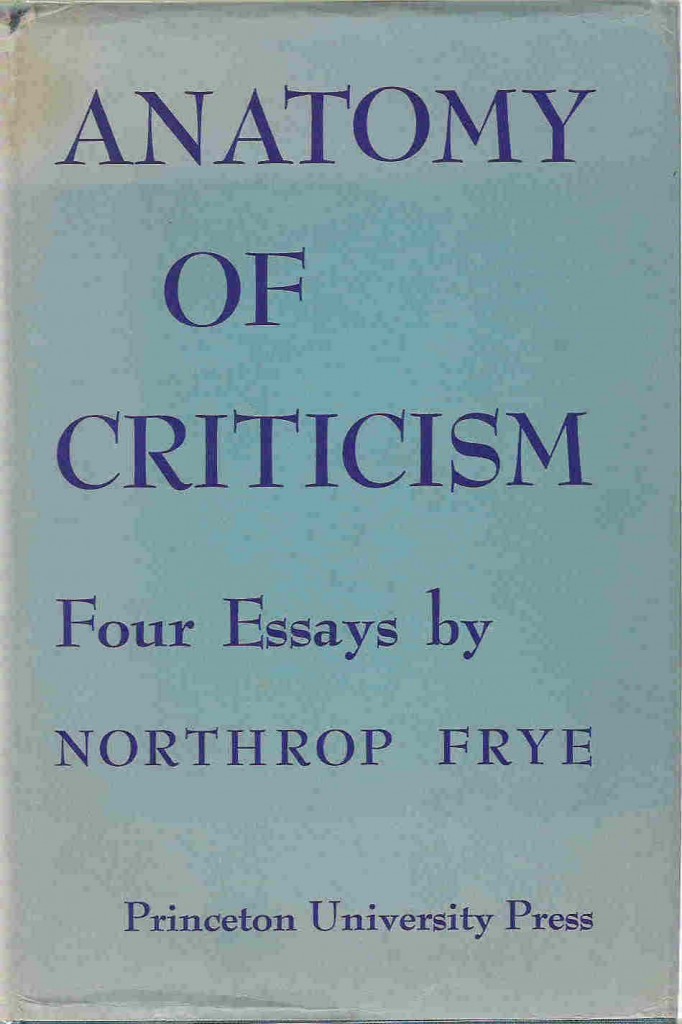
In response to yesterday’s quote of the day on the decline of literary studies, Jonathan Allan commented:
I think this is a debate that is needed, but at the same time, I appreciate and enjoy literary theory. Whenever I hear the “death of the discipline,” I always, for one reason or another, feel a need to rebel. I don’t think it is “theory” that killed literary studies or devalued literary studies, and yet, I am not certain what is the cause of this devaluation.
The problem with the term “literary theory,” is that it has come to mean anything but literary theory: what passes as literary theory is sociology, or linguistic theory, or psychoanalytic theory, or history, or queer theory, feminist theory, even evolutionary theory now, as Scott Herring alludes to in his article. None of this is, properly speaking, literary theory, which would be a theory of literature as an imaginative form of communication that is distinct from other uses of language. This is all laid out in the opening chapters of Words with Power, where Frye distinguishes the logical, descriptive, and rhetorical uses of language from “mythological” or “imaginative” uses of words. The same goes for the term “critical theory,” which is not in its current use a theory of (literary) criticism at all. The latter can only be, according to Frye, a theory concerning the principles of literary criticism, the contexts of which he attempts to outline in Anatomy of Criticism: historical criticism (theory of modes), ethical criticism (theory of symbols), archetypal criticism (theory of myths), rhetorical criticism (theory of genres).
What Lynne Cheney and the radical left (as it has manifested itself in literary studies) have in common is an ideological bias that cares little for literature as an autonomous activity of imaginative recreation, as Frye understands it. By “autonomous,” Frye does not mean that literature is “pure” of historical or ideological content, but that what most matters in literature is the imaginative shaping of that content. This aspect is also the genuinely “critical” aspect of literature that gives it its authority and has the power to remind us of how far, how grotesquely the world we have created departs from a world that makes human sense.
In that light, I do think we can speak of a deterioration, if not the death, of a discipline, when so many of its practitioners are seduced and distracted by principles belonging to other academic or scholarly disciplines than its own, and especially when the approach subordinates the study of literature and culture to socially and politically activist agendas, right or left. It is in fact in pursuing his theory of literature and criticism as an autonomous activity and discipline that Frye came to produce at the same time cultural and social criticism of a very high order–not because he turned for his insights to the worlds of sociology and history.